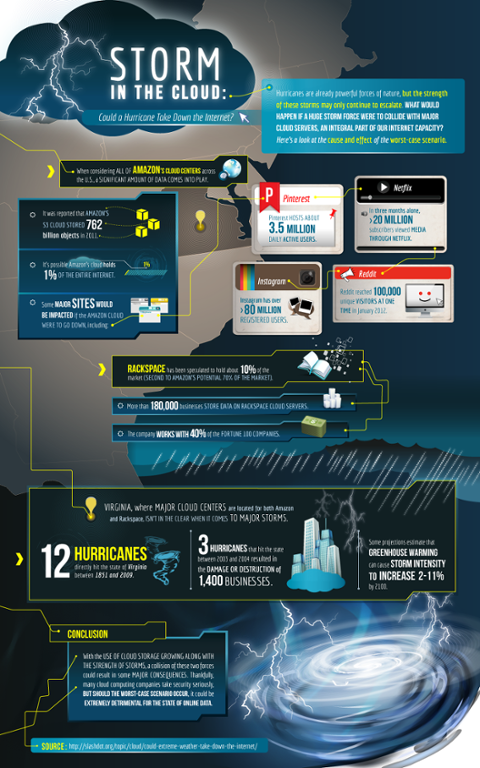
Is cloud computing a new frontier for tech jobs? IDC thinks so, announcing that
cloud computing will generate a total of 13.8 million new jobs by the end of 2015, in a study commissioned by Microsoft to explore the future of the cloud computing’s role in job creation. But before we celebrate the end of American unemployment, let’s dig into the details a bit. The first thing to note is that if you really want a shot at one of those jobs, you’d better pack your bags for Beijing or Bangalore. China and India will get 6.75 million of them. In fact, North America will yield only 1.17 million new jobs. That’s great, but it’s a far cry from 14 million. Where will the America cloud jobs be created? The survey ranks the top five cities as:
- New York
- L.A.
- Chicago
- Boston
- Atlanta
New York wins because the industries that call it home are also the industries most likely to create new cloud jobs, including:
- Resource Industries
- Communications and Media
- Discrete Manufacturing
- Insurance
- Banking
What about government? “The government, which is the largest of the enumerated sectors when it comes to IT spending, is just middle of the pack in cloud-related jobs because of its slow pace adopting the new computing style,” says the survey. It’s also worth noting that industries that tend to be the most heavily regulated also tend to be the slowest to adapt to cloud-related technologies, simply because the technology is moving faster than the regulations at this point in time. The survey’s conclusion:
The study results seem to indicate one of the beauties of cloud computing—it frees enterprises from the constraints of the client/server model, where up-front investments in infrastructure are required to pursue technological solutions to business problems. Emerging markets, small cities, and small businesses have as much access to the benefits of cloud computing as large enterprises or developed nations.
The cloud is certainly transforming technology and business, but not everywhere and not quite yet.
 Is cloud computing a new frontier for tech jobs? IDC thinks so, announcing that cloud computing will generate a total of 13.8 million new jobs by the end of 2015, in a study commissioned by Microsoft to explore the future of the cloud computing’s role in job creation. But before we celebrate the end of American unemployment, let’s dig into the details a bit. The first thing to note is that if you really want a shot at one of those jobs, you’d better pack your bags for Beijing or Bangalore. China and India will get 6.75 million of them. In fact, North America will yield only 1.17 million new jobs. That’s great, but it’s a far cry from 14 million. Where will the America cloud jobs be created? The survey ranks the top five cities as:
Is cloud computing a new frontier for tech jobs? IDC thinks so, announcing that cloud computing will generate a total of 13.8 million new jobs by the end of 2015, in a study commissioned by Microsoft to explore the future of the cloud computing’s role in job creation. But before we celebrate the end of American unemployment, let’s dig into the details a bit. The first thing to note is that if you really want a shot at one of those jobs, you’d better pack your bags for Beijing or Bangalore. China and India will get 6.75 million of them. In fact, North America will yield only 1.17 million new jobs. That’s great, but it’s a far cry from 14 million. Where will the America cloud jobs be created? The survey ranks the top five cities as:

